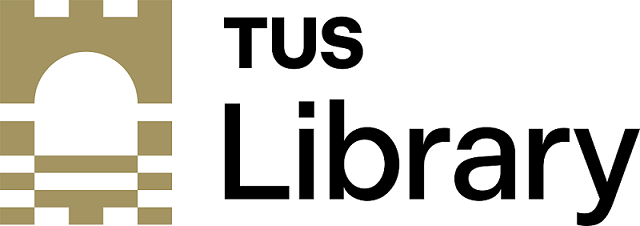It's the classic nursing moment: after you've spent uncounted minutes putting a gorgeously neat, clean dressing on a wound, a doctor walks in, takes the dressing down, and wanders off without a word.
(Which makes me wonder about the nurses who reference this moment: are their doctors that unpredictable? I always catch mine in the morning and ask when they plan to round; it's easier to work in a dressing change after six neurosurgery residents have looked at it. Maybe they don't have easily-cowed residents.)
That, at the very least, prompts an eye-roll and the exhalation of breath through gritted teeth. That's the bottom of the nurse-exasperation scale: the top is the shouted "What the F*** do you think you're doing??" Somewhere in the middle is the terse conversation, either with a doctor or a family member, in the hallway, with a candlestick and Colonel Mustard.
Y'know what? I no longer have those conversations. Or, rather, I do, but they're not nearly as terse.
Read More
















